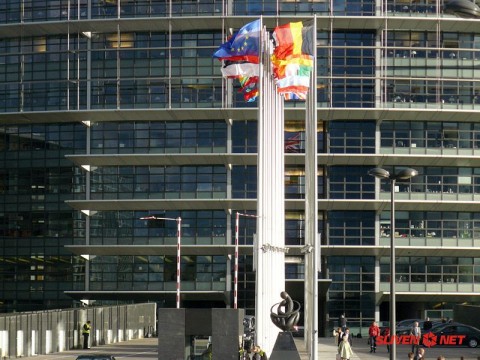
New voluntary Code of Conduct demanded for investments in developing countries
Meaningful dialogue with local and indigenous communities essential for responsible mining
Propose new monitoring body for the EU’s flagship Global Gateway initiative
The Development Committee calls for more support for low-income, resource-rich countries to help them move away from the extractivist model of the mining sector.
On Tuesday, MEPs in the Development Committee adopted a report on the role of EU development policy in transforming the extractive industries to be more sustainable in development countries.
In the text agreed at committee level MEPs said that, as the world’s largest development donor, it is incumbent on the EU to consider sustainable development objectives across all policy areas. Given the increasing importance of critical raw materials to the EU’s twin climate and digital transitions, and the reliance of developing countries on raw materials exports, it is particularly important the EU applies this approach to the work of extractive industries.
Given their intrusive and disruptive nature – to the environment, biodiversity and public health – EU policy on extractive industries must take a people-first approach, MEPs say, centring the views and needs of local and indigenous communities. The EU should, the report says, create a Global Gateway Monitoring Group (GGMG) comprising civil society groups (including those representing indigenous groups), MEPs, member state representatives and other experts. This GGMG would report on the impact of Global Gateway projects on human rights, the environment, civil liberties, peace, inequality and poverty reduction.
Code of Conduct
Additionally, MEPs want the Commission to formulate an “EU Code of Conduct on Responsible Investment in Extractive Industries in Developing Countries”. This voluntary Code would establish – with the input of industry, trade unions, civil society, and local and indigenous representatives – guiding principles for investment in developing countries in line with EU due diligence process and the relevant international standards and initiatives. The Code should cover, MEPs say, commitments on local involvement, transparency in reporting and financial dealings, and protection of the rule of law and compliance with anticorruption measures.
Quote
Barry Andrews (Renew, IE), rapporteur, said: “Extractive industries underpin our societies. However, we must not forget they are truly a double-edged sword – responsible for the lion's share of greenhouse gas emissions and associated with forced labour (including of children) and the destruction of ecosystems and indigenous rights.
"The purpose of this report is to ensure that the EU and European businesses fully respect the principles of policy coherence for (sustainable) development and free, prior and informed consent when carrying out extractive activities in the developing world. The proposed Global Gateway Monitoring Group (GGMG) would ensure currently-lacking transparency and accountability, and the Code of Conduct would ensure EU businesses invest responsibly.”
The report was adopted by 13 votes in favour, 2 against and 7 abstentions.
Background
Extractive industries can be defined, according to the UN, as encompassing different activities from extracting raw materials (fossil fuels, minerals and aggregates), processing them and turning them into products and services for use by consumers. Non-renewable mineral resources play a dominant role in 81 countries that account for a quarter of world GDP, half the world’s population, and nearly 70% of those living in extreme poverty, according to the World Bank.
Next steps
The report will now be submitted to a vote in the European Parliament as a whole in plenary, with a current indicative date of December 2023.
